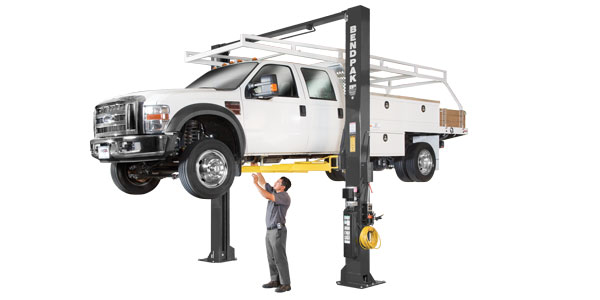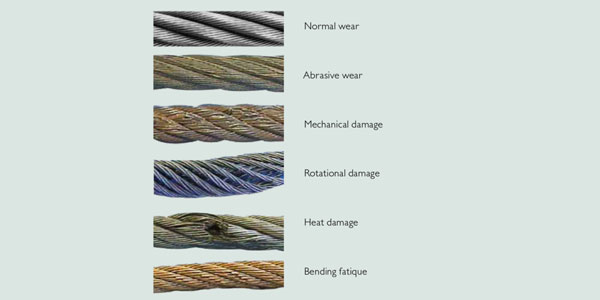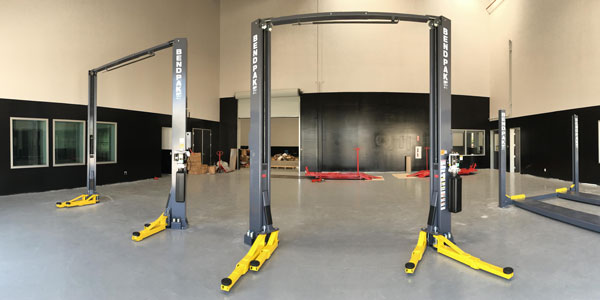The National Highway Traffic Safety Administration (NHTSA) has announced that new stopping distance regulations for tractors will be implemented in August 2011. To help fleets prepare for the change, ArvinMeritor has published the following Q. & A. primer:
Q. What does the new rule mean and who is responsible for ensuring that it is met?
A. All Class 8 tractors with air brakes must be capable of passing a stopping distance requirement for loaded and unloaded conditions from 60 MPH. The new rule has shortened the maximum allowable distance. The vehicle builder is responsible for making sure their vehicles are compliant.
Q. Will the new rule significantly change the brake system specs?
A. No. But, Meritor Q Plus S-cam drum brake will continue to be available to meet customers’ needs.
Q. Will larger drum brakes be required to meet the new rule?
A. Not in all cases. ArvinMeritor will continue to offer an array of brake sizes, including 15-in. steer axle packages. This is particularly important for weight sensitive customers. However, transitioning to larger brakes will provide some advantages, including increased lining volume to drive longer service intervals, lower operating temperatures, reduced fade and improved performance.
Q. Will my service practices have to change?
A. No, drum brake service practices will see very little change. The service technicians and mechanics will not have to be re-trained and parts inventory practices will carry over to the new drum brakes.
Q. Can I use air disc brakes to meet the stopping distance regulations even if they are not required?
A. Yes, air disc brakes can be utilized to meet the new regulation. Meritor WABCO will have a full array of air disc brake products available, but check to make sure drum brakes will meet the new requirements.




